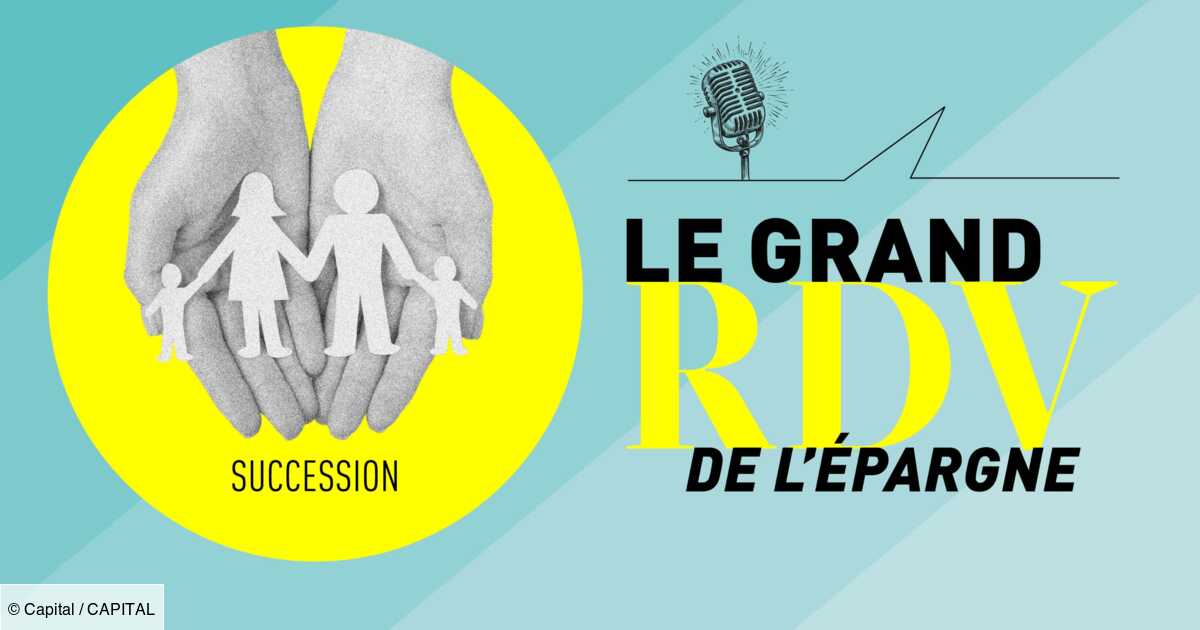Father Nuno da Silva Gonçalves.
Devil of a Jesuit, it would be said. While the world of information is damned the soul to run behind the speed, he pulls the brake. Everyone is tough to arrive first, he instead slows down. And not for laying, but by meditated choice. The world of communication runs more and more in the era of social networks, infotual and instant information and what does he do? Instead of accelerating, he brings the magazine he directs, Catholic civilizationthe oldest in Italy, with its 175 years of age just today, from a biseptimanal deadline to a monthly. “It may seem paradoxical, but it is a way to reflect more calmly on the flow of news that crosses us daily, to weigh with greater discernment on the topics of this time of ours so complex and tormented” explains Father Nuno da Silva Gonçalves, director of the magazine from October 1, 2023, Portuguese, 66 years old, with a long curriculum of studies: degree in philosophy and letters, a license in theology, a doctor in the history of the church. Teaching experiences in Portuguese University and Gregorian, the prestigious University of Jesuits, of which he was also Rector. It is the first non -Italian to direct the magazine strongly desired by Pius IX in 1850 to defend the Catholic doctrine and the papal magisterium (as is known the drafts are approved by the Holy See). In 175 years Catholic civilization He remained faithful to the Pope, to the signs of the times and a rigorous cultural reflection, while he changes leather and becomes more and more international, with the belief that today – in the era of likes, algorithms and artificial intelligence – the real revolutionary act is to stop to reflect. And to resist the temptation to say your before even having understood. “I am very aware of the responsibility that it entails directing such a periodical,” he tells us in a break of his frenetic days, which include the celebrations at Palazzo Malta, in the presence of the President of the Republic Mattarella. «But it is a shared responsibility: the magazine is the result of the work of the college of writers, an eight Jesuit team that live together in the community. Everything is done in a collegial way, according to the spirit with which the magazine was born ».
So can your editorial staff say that it is “permanent”?
«Yes, we live together, pray together and work together. This allows us a daily confrontation on the topics we treat. The formal meeting is held once a month, to evaluate the number just published and plan the next ones. But in reality we continuously talk about the things to treat, an idea can come to us while we are in the canteen, or in a break of our studies, or meeting us during our community tasks ».
How do you manage to maintain the Jesuit identity of the magazine by crossing so different eras, from the nineteenth -century popes to Francesco?
«Identity is based on the Ignatian charisma, which has one of its distinctive features in the fidelity. The magazine was born by the will of Pius IX in 1850 precisely to accompany the life of the Church and defend the positions of the Holy See. It has been, from the beginning, a polemical, combative tool. But today the Pontiffs ask for creative fidelity, which is never simple repetition: it is also an analysis and stimulus ability ».
How do you manage to keep allegiance and intellectual freedom together?
«We Jesuits have a real freedom in the choice of topics, always in the light of the Gospel and in harmony with the magisterium. Each writer has its own skills. Then of course, there is a constant confrontation. I would say that it is a relationship of trust and close collaboration with the Holy See ».
The magazine is now published in seven languages. How does this international network work?
«Each edition has its own characteristics. Some are treated directly by the country’s Jesuits, such as the Korean edition or the Russian edition, which is headed by the San Tommaso Institute in Moscow. Others, such as the English edition (which is based in Bangkok), are made by external publishers. But all translate articles released first into Italian ».
And in Russia have you never had problems, considering the climate of censorship?
«Until now, no. The Jesuits who deal with the Russian edition are very cautious and attentive. Personally, I have not received difficulty reports ».
In the history of the magazine there were moments of crisis?
“Yes. After the breach of Porta Pia and the occupation of Rome in 1870, the publication was interrupted for a few months. He resumed only in December and for a period the editorial staff moved to Florence ».
In an era of instantaneous news, social and artificial intelligence, how does the mission of a magazine of thought like yours change?
«We decided that from January the paper edition would become monthly, but with richer numbers. It may seem a contradiction, but in reality this “slowness” is compensated by a greater online presence. It is a way to respond to frenzy with depth. They call it slow journalism, slow journalism, and I believe that Catholic civilization has always done so ».
Do you use artificial intelligence tools?
«So far, no. We didn’t employ them to write. At the Gregorian University we use a program that identifies plagiarisms and also reports the suspicious use of AI, but I have never used it on the articles of the magazine ».
Is there a figure among the directors of the past who considers a model?
The directors who led the magazine during and after the Council II. I think of Father Roberto Tucci, who had a close relationship with John XXIII, and Father Bartolomeo rises. And then Father Gianpaolo Salvini, who directed Catholic civilization for 25 years. Much appreciated for the collegial style ».
Has Pope Francis given you specific indications?
“Yes. When I hired the direction, I met him to ask for guidelines. He told us: «You stay in the open sea. Don’t be afraid of the waves ». He invited us to face the storms of the world, to be brave. And to be bridge between the Church and the society. Once he told us that he always kept the magazine on his desk, and for me it was an important recognition. I accompanied the Holy Father on some of his travels and when he saw me, during the flights he always made a joke: “The publications are very important”. Also in Singapore, during a meeting with local Jesuits, about the apostolic activity, asked: “Do you have a publication? Look that it is very important”, and at that moment he looked at me, with a somewhat sly smile “.
Are you still a magazine written only by Jesuits?
«Yes, but for some years it has been possible to have lay co -authors. We introduced the form of the interview and in the new “Cultural News” section we welcome external contributions on cinema, theater, exhibitions and books “.
In your opinion, would a new council need? Or do Vatican II still have a lot to say?
«I am convinced that Vatican II should still be fully assimilated. The great councils produce fruits in the long run. We have not yet caught all the potential ».
Has Pope Francis ever written for Catholic civilization?
We have published three of his articles written before the pontificate, including interpreting the reality and doctrine of the tribulation. But the most important text remains the interview that Father Antonio Spadaro, then director of the Catholic civilization, made him in 2013, at the beginning of the pontificate ».
A final question: yours is a male magazine. Is there space for a greater female contribution?
«In recent years we have published many interviews with women: Sister Brambilla, Professor Marta Cartabia, the coordinator of the Network Talitha Kum. It is a way to give voice also to the female world, with which we want to dialogue more ».
The Church is accused of being irrelevant today in the cultural debate. Do you share?
«In the West the numbers are not the ones of the past, but this is not the point. What matters is if the “little flock” manages to be light of the world and the halls of the earth. Our task is to announce Jesus Christ, the only savior. And for this we need courage and depth ».








